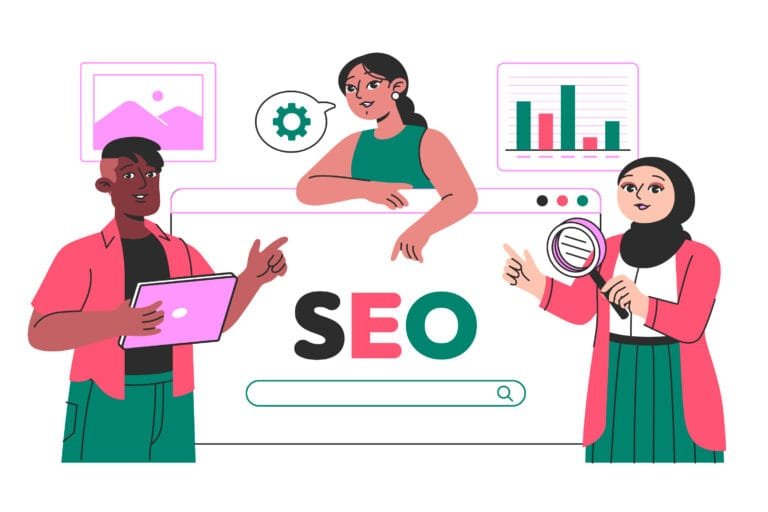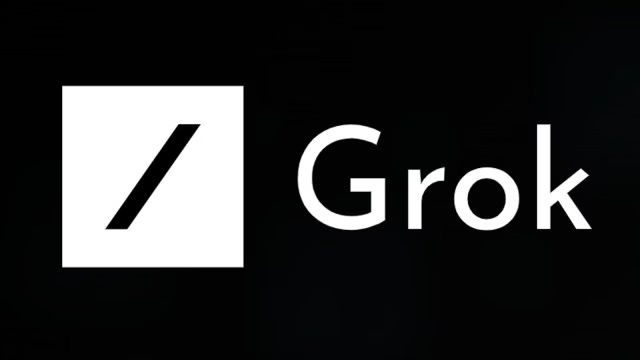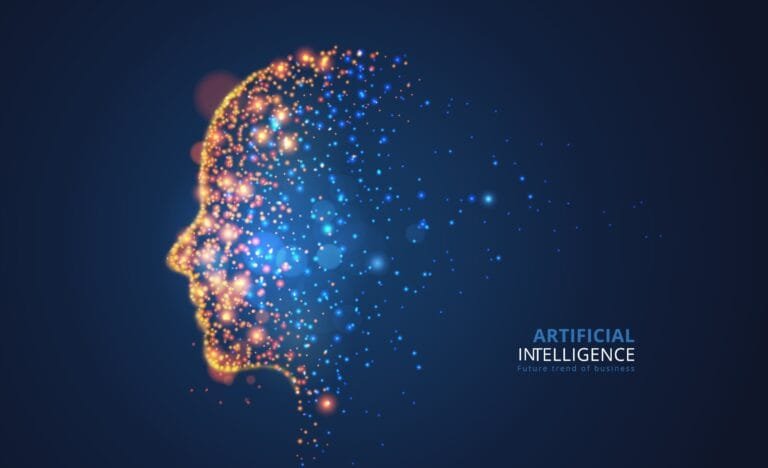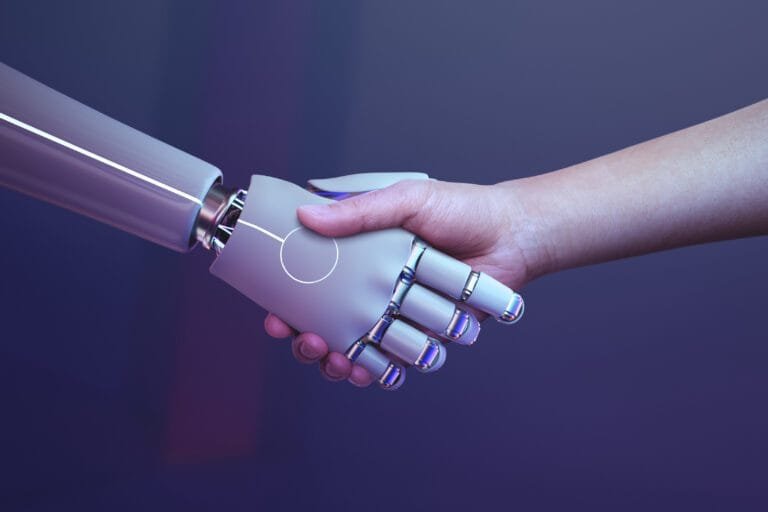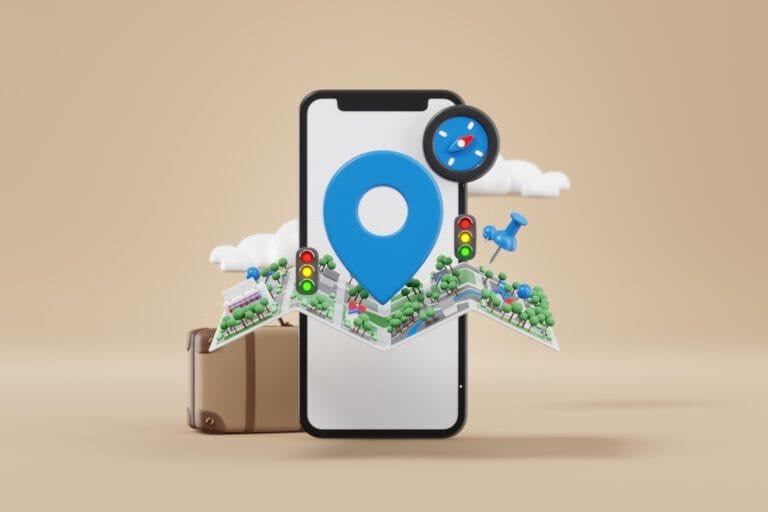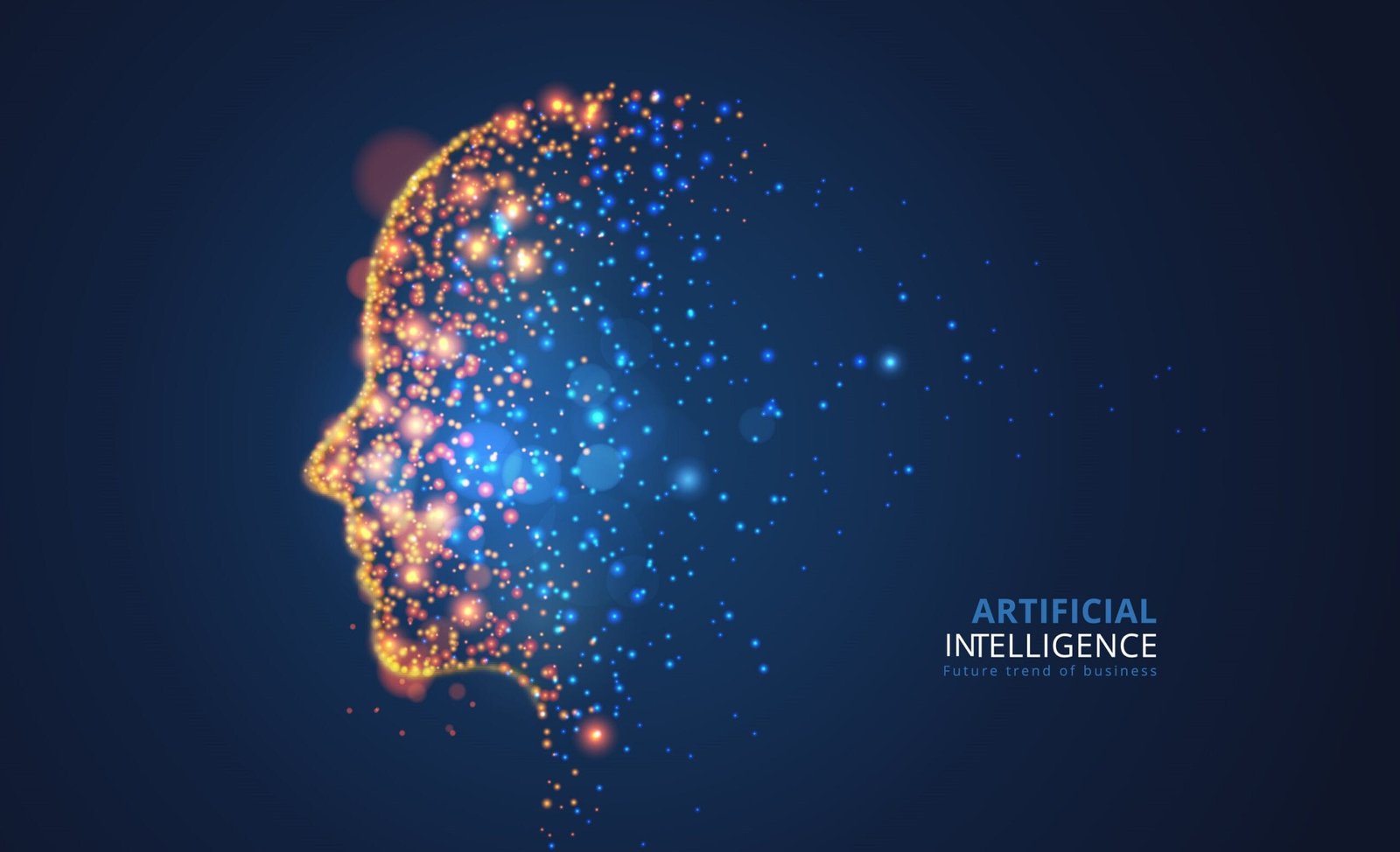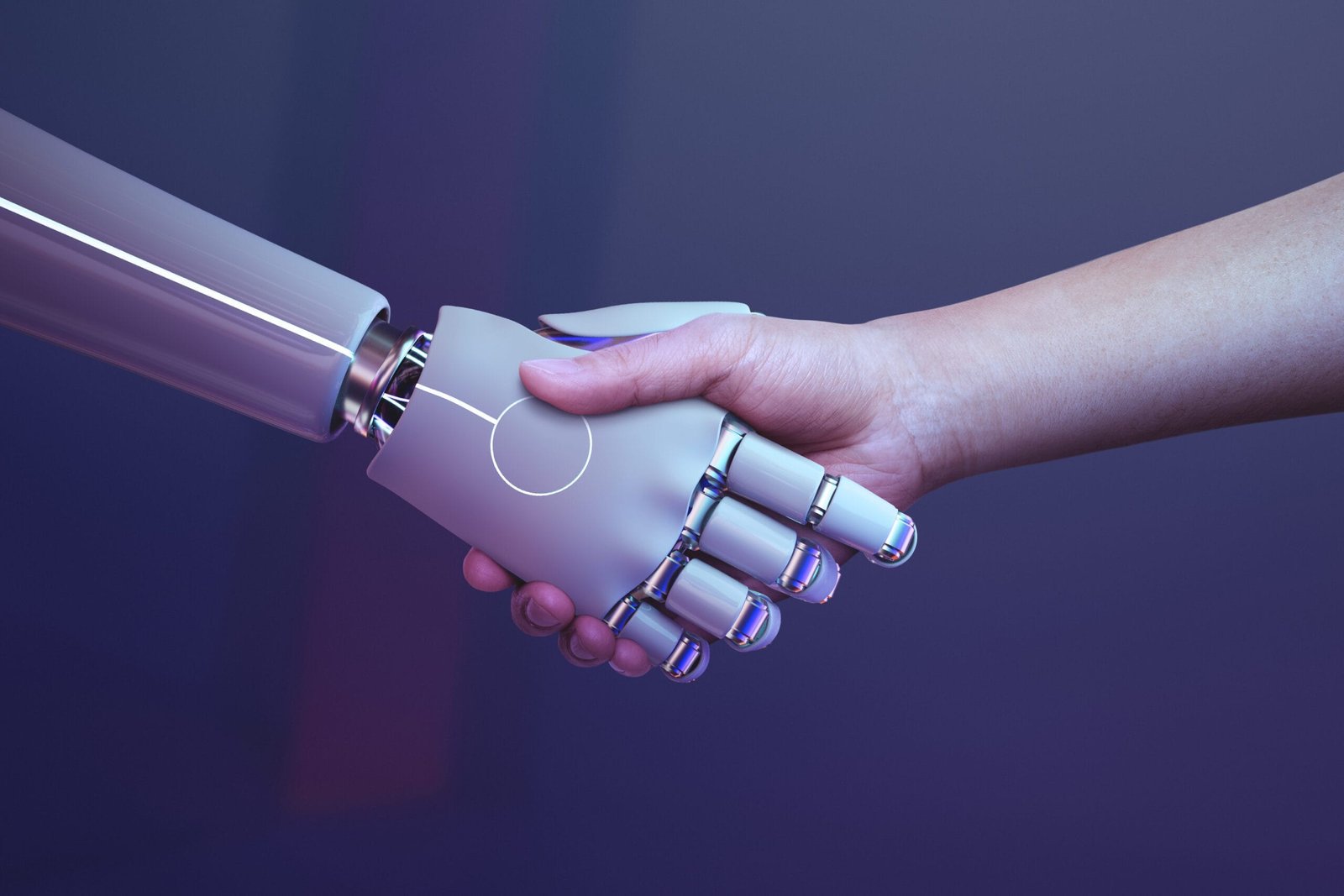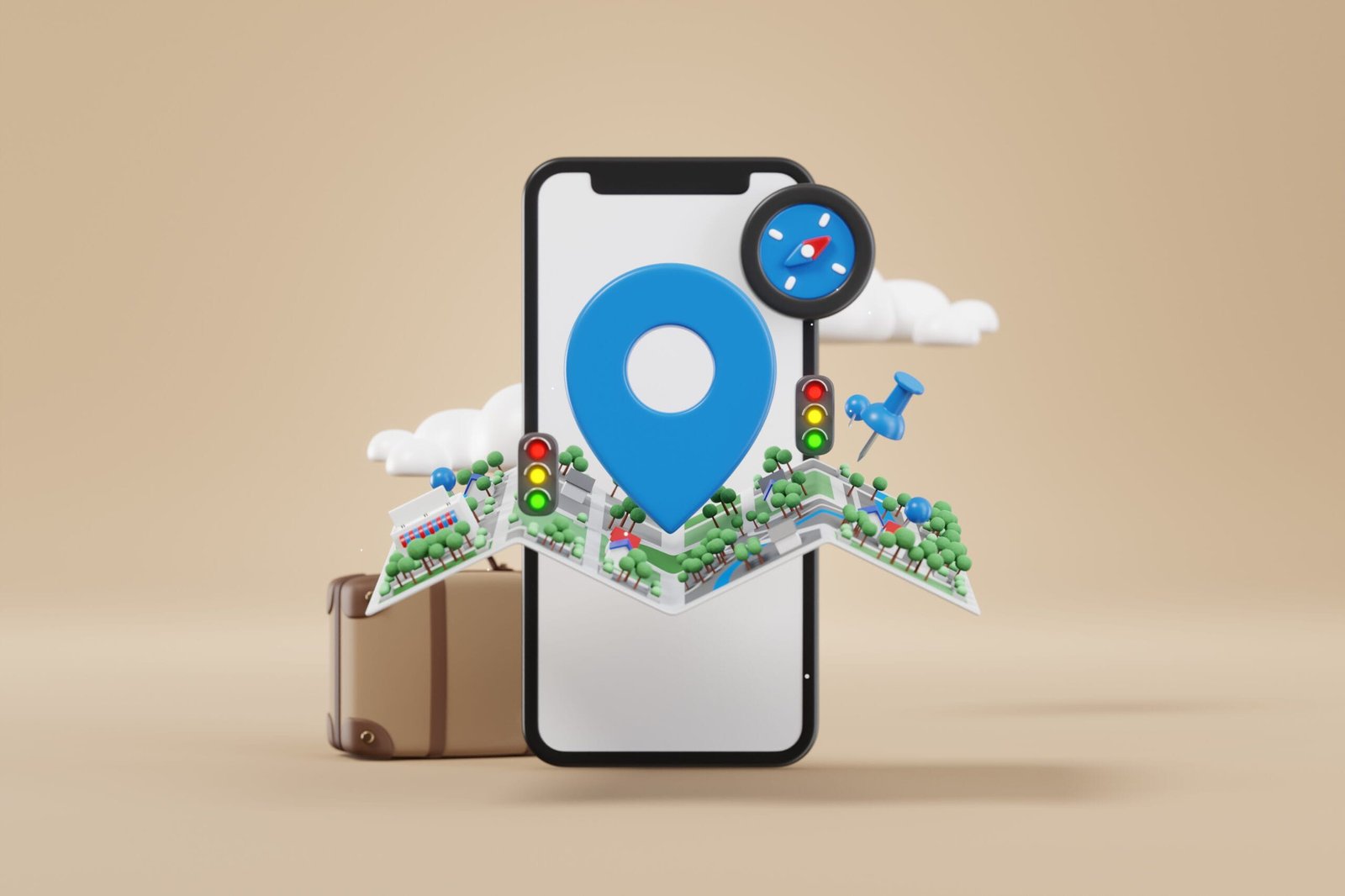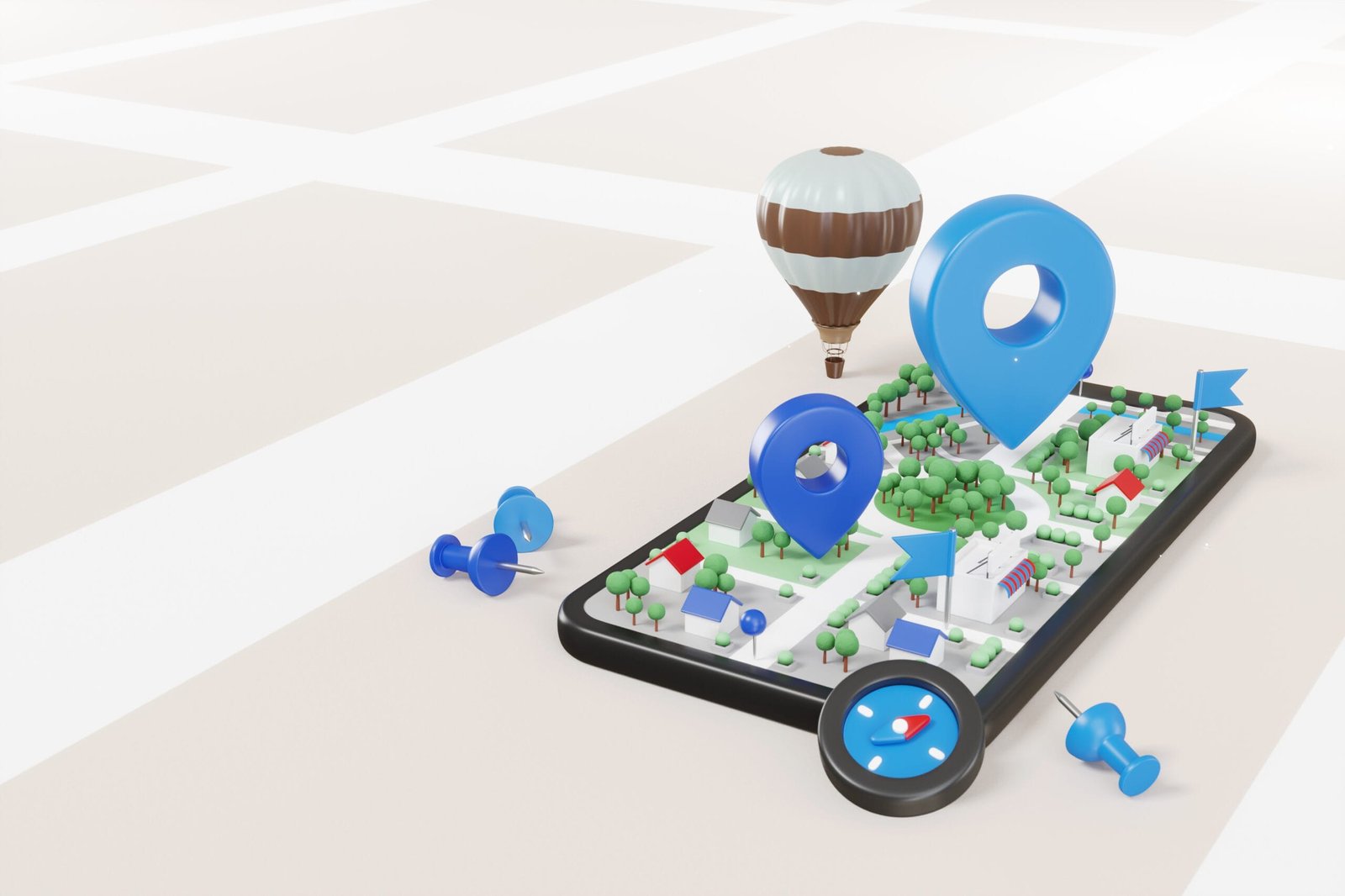What if you could predict your customers’ next move before they even make it? Imagine tailoring your marketing campaigns so precisely that each customer feels like the message was crafted just for them. This isn’t science fiction—it’s the reality that artificial intelligence (AI) is making possible for marketers worldwide.
For instance, did you know that businesses and employees using AI tools have seen up to an 80% boost in productivity? Even more impressive, companies leveraging AI in their marketing strategies report a 10-20% increase in leads. These aren’t just big brand success stories; businesses of all sizes are embracing AI to work smarter, not harder.
AI isn’t just a tool—it’s the competitive edge modern marketers can’t afford to ignore. From analyzing mountains of data in seconds to crafting highly personalized content, AI helps marketers focus on what truly matters: connecting with their audience.
What Is AI in Marketing?
At its core, artificial intelligence (AI) in marketing refers to the use of intelligent algorithms and technologies to analyze data, automate tasks, and optimize marketing efforts. By leveraging machine learning, natural language processing (NLP), and predictive analytics, AI helps marketers understand consumer behavior, forecast trends, and create hyper-personalized experiences.
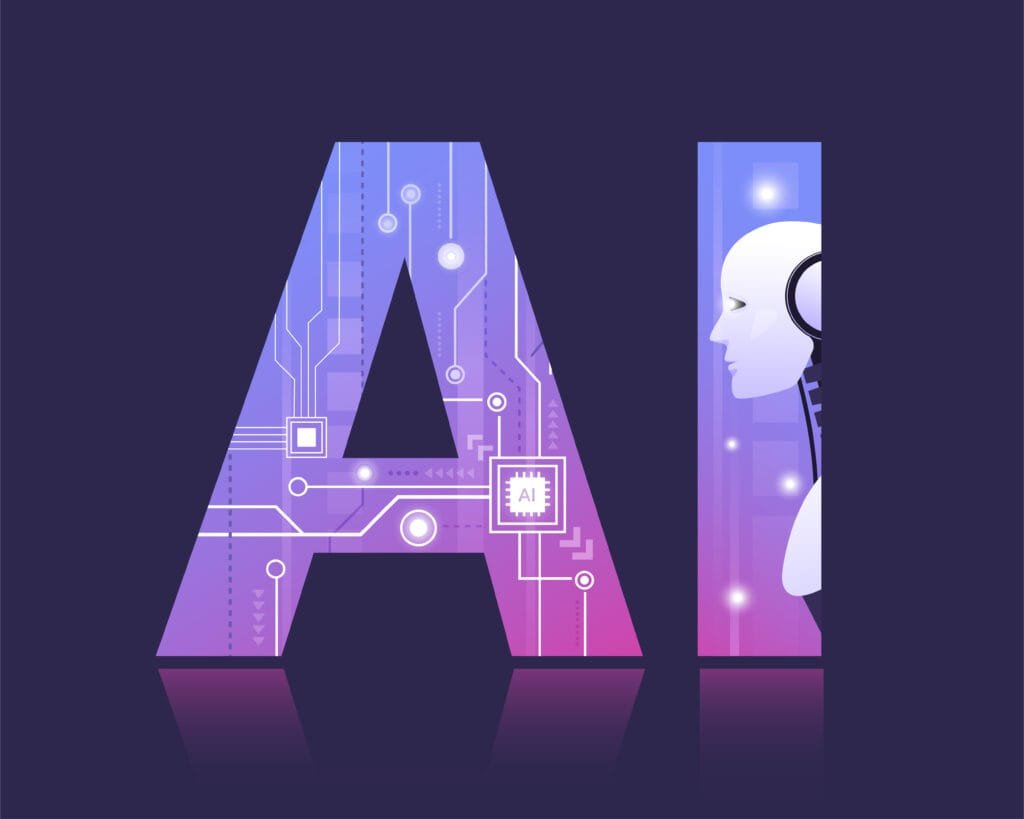
Unlike traditional tools that require manual input and adjustments, AI continuously learns and improves its performance, adapting to real-time data and changing conditions. This makes it an indispensable asset for marketers aiming to stay ahead in today’s fast-paced, data-driven environment.
Examples of AI Tools Commonly Used in Marketing
AI-powered tools are transforming how businesses approach marketing. Here are some of the most commonly used AI solutions in the industry:
- Customer Data Platforms (CDPs): Tools like Salesforce Einstein and Adobe Experience Cloud analyze customer interactions and generate insights for segmentation and targeting.
- Chatbots and Virtual Assistants: AI-driven chatbots like ChatGPT or Drift provide 24/7 customer support and engage users in real-time conversations, enhancing customer experiences.
- Predictive Analytics Platforms: Tools like HubSpot and Marketo use machine learning to predict customer behavior, enabling better decision-making and campaign planning.
- Content Generation Tools: Platforms like Jasper AI and Copy.ai help marketers create compelling, tailored content for blogs, emails, and social media.
- Ad Optimization Software: Tools like Adzooma and Google Ads Smart Bidding use AI to optimize ad placements, budgets, and targeting, ensuring maximum ROI.
- Email Marketing Tools: Solutions like Mailchimp and ActiveCampaign personalize email content based on customer behavior, boosting engagement rates.
Why should I use artificial intelligence in marketing Strategy?
Having AI in marketing is like having a crystal ball and a supercharged assistant rolled into one. AI can analyze customer data faster than any human team ever could, uncovering trends and patterns that help you truly understand your audience.
But it’s not just about crunching numbers. AI brings personalization to a whole new level. Think about how good it feels when Netflix suggests a movie you didn’t even know you wanted to watch or when Spotify curates the perfect playlist. Now imagine bringing that same level of customization to your marketing campaigns—showing each customer exactly what they need, when they need it.
AI also takes care of the heavy lifting, automating tasks like email campaigns, social media ads, and even customer support through chatbots. This doesn’t just save time; it lets your team focus on strategy and creativity while AI handles the repetitive stuff. And because it works in real-time, AI helps you pivot quickly, optimizing campaigns on the fly to get the best results.
Benefits of Incorporating AI into Your Marketing Strategy
1. Enhanced Data Analysis and Customer Insights
AI excels at processing vast amounts of data in seconds, uncovering patterns and trends that humans might miss. By analyzing customer behavior, preferences, and interactions, AI provides actionable insights to refine marketing strategies. For example:

- Behavioral Analysis: AI identifies purchasing habits, enabling businesses to predict future actions.
- Audience Segmentation: This categorizes customers into precise segments based on demographics, interests, and online behavior, allowing for more targeted campaigns.
2. Personalization at Scale
Gone are the days of generic marketing. AI empowers marketers to deliver highly personalized experiences to thousands—or even millions—of customers simultaneously.
- Dynamic Content: AI tools like Dynamic Yield create personalized product recommendations and homepage experiences based on real-time user interactions.
- Custom Messaging: Platforms like Mailchimp tailor email campaigns by analyzing recipient data, ensuring every message resonates with its audience.
- Improved Engagement: Studies show that personalization increases conversion rates by up to 20% (source).
3. Improved Efficiency and Cost-Effectiveness
AI automates repetitive tasks, freeing up valuable time for marketers to focus on creative strategy and innovation.
- Campaign Automation: Tools like HubSpot and Marketo automate email sequences, ad placements, and lead scoring.
- Cost Reduction: AI minimizes human errors and optimizes resources, helping businesses save money on labor-intensive processes.
- Faster Results: Automated workflows ensure campaigns are executed seamlessly and with minimal delays.
4. Real-Time Decision-Making Capabilities
Marketing is dynamic, and customer preferences can shift in an instant. AI allows marketers to make real-time adjustments to campaigns based on live data.
- Performance Tracking: AI-driven dashboards provide instant updates on key performance indicators (KPIs), ensuring marketers can tweak strategies as needed.
- Dynamic Pricing Models: AI tools adjust pricing based on supply, demand, and competitor activity, maximizing profitability.
- Crisis Management: AI alerts marketers to potential issues, such as negative sentiment on social media, allowing for immediate action.
Steps to Develop an AI-Powered Marketing Strategy
1. Define Clear Marketing Objectives
Let’s face it: Jumping into AI without a clear plan is like throwing darts blindfolded—you might hit the target, but it’s pure luck. Start by setting goals that align with your business priorities.
- Align with Business Goals: Ask yourself, what do you want AI to achieve? More leads? Better engagement? Improved ROI? Your objectives will guide your AI strategy.
- Set Measurable Targets: Don’t just aim for “better results.” Aim for specifics like increasing email open rates by 15% or reducing customer churn by 10%. AI thrives when there’s a clear metric to hit.
2. Assess Your Current Marketing Capabilities
Before you bring in AI, take stock of your current setup. Think of it as cleaning your closet before buying new clothes—what works, stays; what doesn’t, goes.
- Evaluate Existing Tools: Are your current tools doing their job, or are you patching gaps with duct tape?
- Identify AI Opportunities: Where’s the bottleneck? Maybe you’re drowning in data but can’t extract insights. AI can help. Or maybe you’re struggling to personalize campaigns—AI’s specialty.
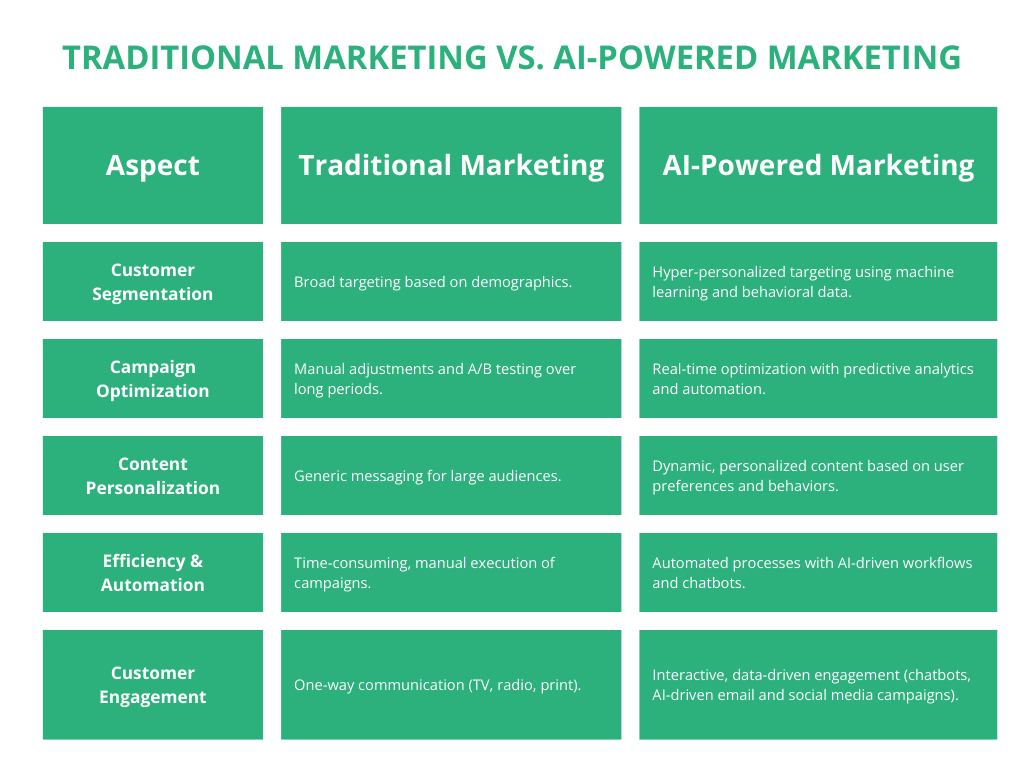
3. Choose the Right AI Tools and Platforms
With a million AI tools out there, how do you pick the one that’s not just shiny but also useful?
- Match Your Needs: Look for platforms tailored to your objectives. Want personalized emails? Check out Mailchimp with AI. Need predictive analytics? Tools like HubSpot are your go-to.
- Do Your Homework: Read reviews, request demos, and don’t shy away from asking questions. “Will this make my life easier?” is a valid question.
4. Train Your Team
AI isn’t a magic wand—it needs humans who know how to wield it. Upskilling your team ensures your AI investment doesn’t sit idle.
- Upskill Your Team: Host workshops, attend webinars, or use platforms like Coursera or LinkedIn Learning to bring your team up to speed.
- Foster Collaboration: Let your team see AI as their assistant, not their replacement. Humans and machines together are the ultimate dream team.
Pro Insight: AI doesn’t replace creativity—it amplifies it. That’s where your team shines.
5. Implement and Integrate AI Solutions
It’s showtime! But don’t rush—success comes from a well-planned rollout.
- Start Small: Test AI in one area, like customer segmentation or content recommendations. Scale once you’ve seen results.
- Integration Is Key: Ensure your AI tools work seamlessly with existing workflows and software. Think of them as team players, not lone wolves.
6. Monitor, Evaluate, and Iterate
The magic of AI lies in its adaptability. But it won’t adapt unless you monitor and tweak.
- Track Performance: Use AI-powered dashboards to measure KPIs in real-time.
- Iterate for Improvement: Spot trends, identify what’s working, and refine your strategy continuously. AI gets smarter the more you use it.
Dive Into AI-Powered Marketing Success with The Strategic Marketers
At The Strategic Marketers, we know the power of transformation. With AI-driven strategies, you can turn your marketing efforts into a streamlined, results-oriented machine. Imagine campaigns that not only reach your audience but connect with them on a personal level—all while maximizing your ROI. Dive into the future of marketing and make waves in your industry. Let us help you sharpen your strategy and dominate your market.



